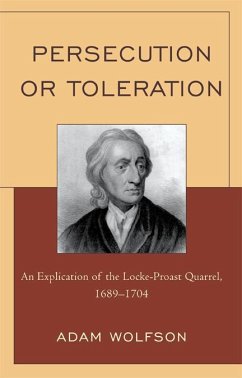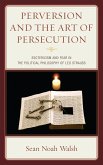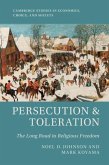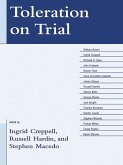This book traces, in detail, the complex contours of the Locke-Proast debate over the question of toleration-revealing the radical case John Locke made on behalf of toleration. Arguing against the pro-persecution arguments of Jonas Proast, Locke developed a broadly humanistic case for toleration rooted in liberal notions of consent, human dependency, and skepticism. Locke's theory would extend to a wide range of religious believers and even atheists. However, at the same time, according to Locke, toleration requires an overcoming of the religious worldview, rather than an emergence out of theological assumptions, as many scholars argue. Ultimately, the success of toleration involves more than institutional reforms such as the separation of church and state or a mere modus vivendi among fighting faiths; it entails a shift in core religious beliefs and identities and a fundamental change in religious believers themselves. By undertaking a careful reading of the quarrel between Locke and Proast, this book furthers our understanding of the political alternatives of persecution, toleration, and pluralism.
Bitte wählen Sie Ihr Anliegen aus.
Rechnungen
Retourenschein anfordern
Bestellstatus
Storno









